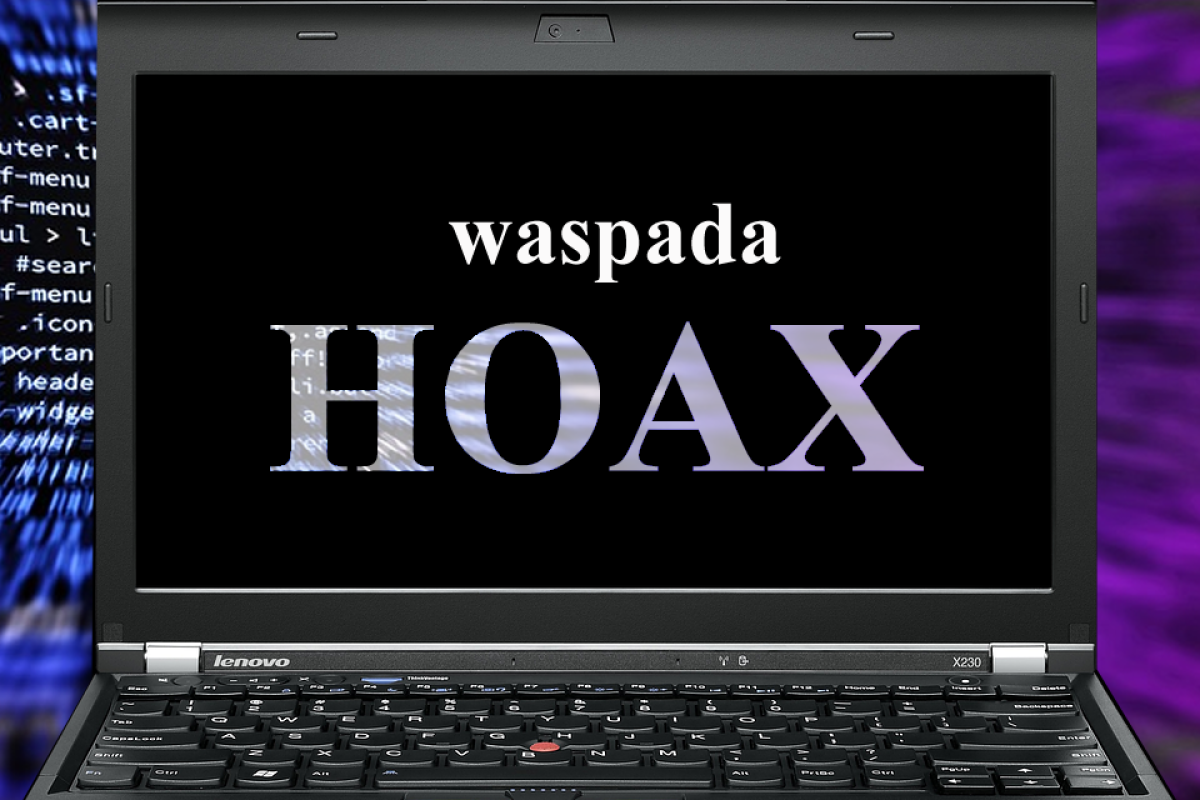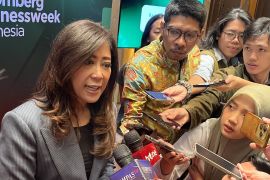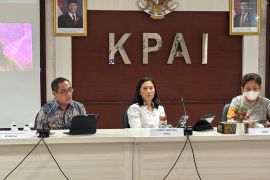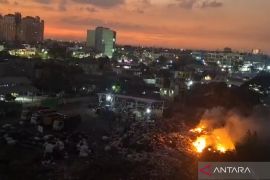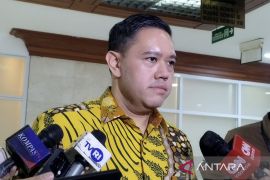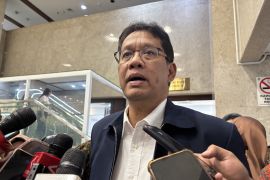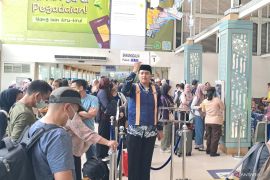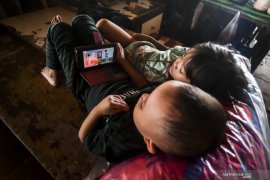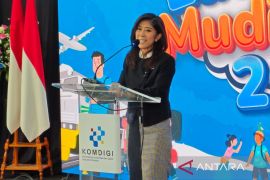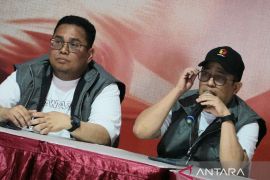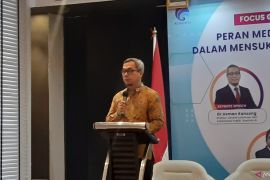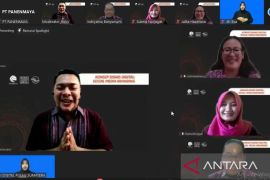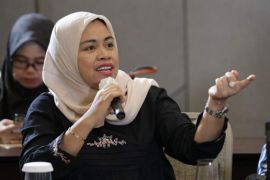The fast pace of information technology development has been like a double-edged sword, they said. On the one hand, it provides instant access to information that allows users to acquire knowledge and insight, they pointed out.
On the other hand, it brings negative impacts in the form of destructive content that can spread just as easily if users do not learn to filter such content out, they added.
Hoaxes, hate speech, and radical narratives can appear at any moment and be directed at anyone, regardless of age and social environment, and they often contain elements of intolerance, according to analysts.
The government, through various methods, is striving to eradicate hoaxes, radicalism, and intolerance in the public domain, they said.
The methods range from formulating regulations for imposing penalties on hoax spreaders to digital literacy programs that encompass education and information dissemination concerning Internet utilization, they noted.
The question is: Can the government alone filter all hoaxes spreading across social media?
The answer to that is: Not without the active participation of all social media users.
So then, what contribution can the public make to support the government's efforts to eradicate hoaxes?
Related news: Hoaxes, misinformation pose biggest challenge to vaccination program
According to the Communication and Informatics Ministry's director of informatics application management, Teguh Arifiadi, the ministry is ready to collaborate with anyone and any community to tackle hoaxes by boosting literacy.
On Tuesday, he invited all elements of society to commit to eradicating hoaxes and hate speech by collaborating with the government.
Several such communities already exist within the nation, such as Mafindo, Cyber Kreasi, Cyber Hoax Community, and others that have thus far done their utmost to campaign against hoaxes, he noted.
However, in the regions, volunteers from such communities often have to go it alone, he said. Such communities die and revive themselves depending on the developing situation and do not have the capacity to sustain themselves, he added.
One such community has recently emerged in Bekasi city and district, West Java due to concerns over the spread of hoaxes on social media—Masyarakat Peduli Literacy Digital (Citizens Care for Digital Literacy).
The community members call themselves Malidi, a shortened form of the community's name.
The Malidi feel that hoaxes have been flooding social media since four years ago, and are marked by the prevalence of news of dubious validity, but are quickly believed by people.
Related news: Ministry calls for multi-party collaboration to protect netizens
The Malidi said they are working to verify information in the public domain by coordinating with sources that can provide authentic information, such as the government, the police, and the military.
"We participated in making clarification videos with the Puspen TNI (Indonesian National Defense Forces' information center) and anti-hoax dissemination with Kamtibmas (people's security and order) officials," Malidi's head, Heru Nugroho, said.
"We will continue this expansion through an education workshop and visit to educational environments while also collaborating with stakeholders to bolster literacy activities to spread factual news," he added.
"The Malidi members are focusing on digital literacy education and campaigning for healthy, smart, anti-hoax, and anti-radicalism social media utilization," he said.
They are doing this by upholding the principle of independence, transparency, assistance in educating the younger generation on social media, and unity, he added.
One of their periodic activities is a talk show that discusses various topics such as religion, health, education, economy, child protection, law, and entrepreneurship, he said.
All of these topics are covered within one theme that relates to positive information and communication through social media, he added.
Related news: Ministry records 686 hoaxes on COVID-19
The presence of Malidi among the public, and amid the destructiveness of technological development, is necessary because edifying people to critically analyze information has become important in the current era, he affirmed.
"I hope that the Malidi could also help the governments' work and play an important role in eradicating untrue information that could harm the people," Bekasi's acting mayor, Tri Adhianto, remarked.
Malidi and similar communities are expected to educate people on using social media wisely and make it a platform to promote national values and positive news for the public, he added.
In addition, educating the public on the dangers of hoaxes, radicalism, pornography, and fighting against any movement that threatens to fracture the nation is important, he said.
All of us certainly expect that the digital literacy community's handling of disinformation would help minimize the spread of hoaxes, he added.
It is also expected that people will utilize social media as much as they can by filtering information before sharing it, he added.
With these communities, it is expected that the people will discuss and share their thoughts through various methods, both through direct meetings and online platforms, so that the circulation of negative content and radicalism can be prevented, he said.
Related news: Communication Ministry shares tips on filtering hoaxes
Editor: Suharto
Copyright © ANTARA 2022
